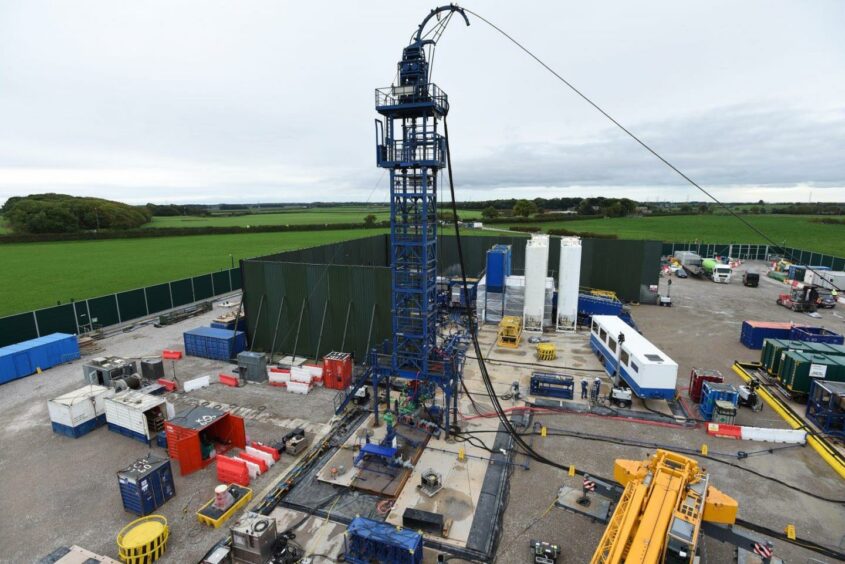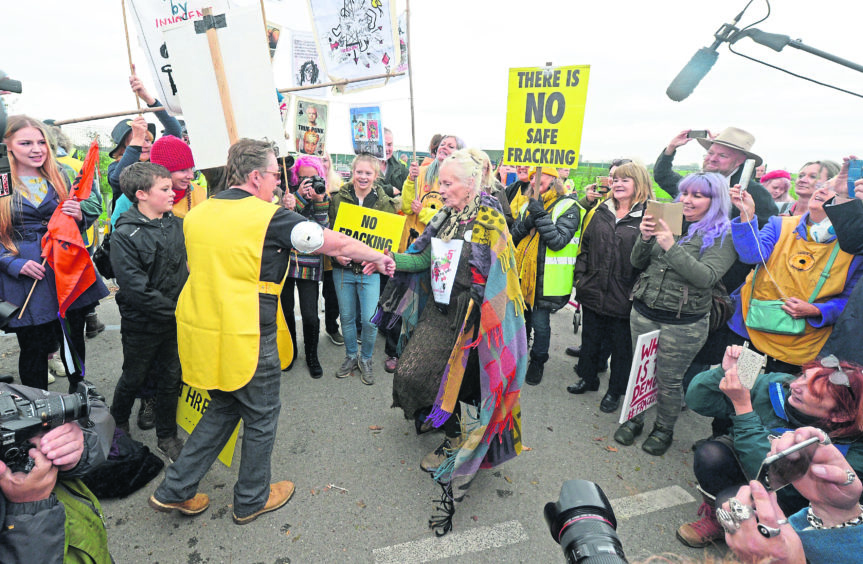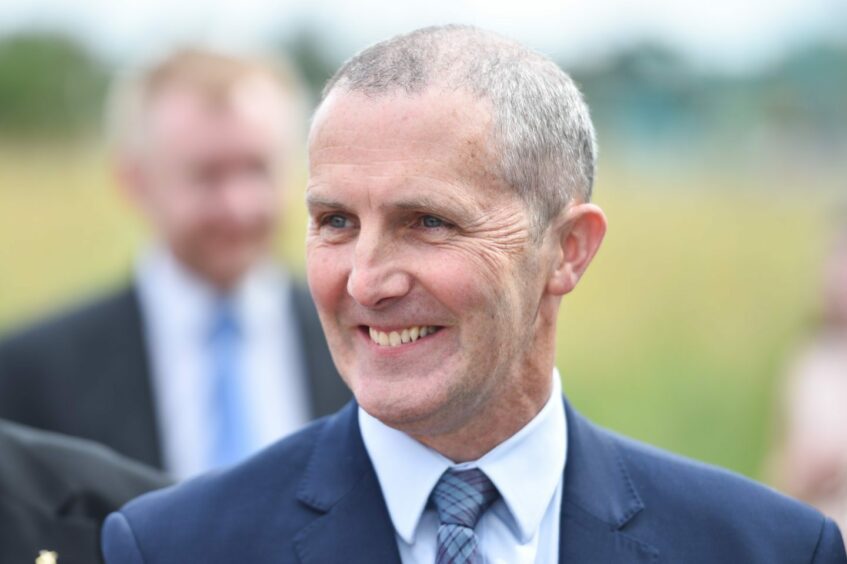
A ban on fracking in England has been lifted as the Government pushes for an increase in domestic energy production in the face of soaring bills.
The controversial move to end the moratorium, which was imposed in 2019 after tremors caused by fracking in Lancashire, could get gas flowing from onshore shale wells in as little as six months, Liz Truss said.
But it will be met with strong opposition from local campaigners and environmentalists, who fear it can cause water contamination, traffic and noise pollution, and it is incompatible with efforts to cut climate-warming fossil fuels and switch to clean energy.
And Labour leader Sir Keir Starmer warned it would not cut bills or strengthen energy security, but would “drive a coach and horses through our efforts to fight the looming climate crisis”.
No change in Scotland
The change will only come into effect south of the border, and Michael Matheson, Scotland’s net zero and energy secretary, says there are no plans to replicate the move.
When it was first rumoured yesterday, he tweeted: “This policy change does not apply in Scotland. Fracking can only happen here if licences are issued by the Scottish Government and we don’t intend to issue any licences.”
The energy package, launched by the Prime Minister 48 hours into the job in a bid to tackle soaring prices, will see the Government drive forward new sources of energy supply from North Sea oil and gas, as well as clean power including nuclear, wind and solar.
But there was nothing on efforts to help households save energy through increased insulation and other efficiency measures that can permanently cut gas use and bills – a key ask from green groups and anti-poverty campaigners.
North Sea licensing
The package includes the launch of a new oil and gas licensing round, which is expected to lead to more than 100 new licences for fossil fuel extraction from the North Sea.
The move comes despite the International Energy Agency (IEA) warning that no new new oil and gas exploration should go ahead if the world is to meet its goal to curb temperature rises to 1.5C and avoid the worst impacts of climate change.
The UK has a legal target to cut climate emissions to zero overall by 2050, and the Government has also announced the launch of a review to ensure it is meeting the goal in an “economically-efficient way” and that it is not placing undue burdens on businesses or consumers.
News of the review may alarm environmental groups, who fear the new administration is not fully committed to tackling the climate crisis, but it is being chaired by former energy minister Chris Skidmore, a strong supporter of net zero.
A decade of controversy over fracking seemed to be drawing to an end when, at the beginning of 2022, it was announced the only two shale wells in the UK were to be permanently capped.
But as gas prices soared in the wake of Russia’s invasion of Ukraine, there were calls to rethink the ban to secure UK energy supplies.
Ms Truss told the House of Commons: “We will end the moratorium on extracting our huge reserves of shale – which could get gas flowing as soon as six months – where there is local support for it.”
Recommended for you


 © Supplied by DC Thomson/ Jason He
© Supplied by DC Thomson/ Jason He